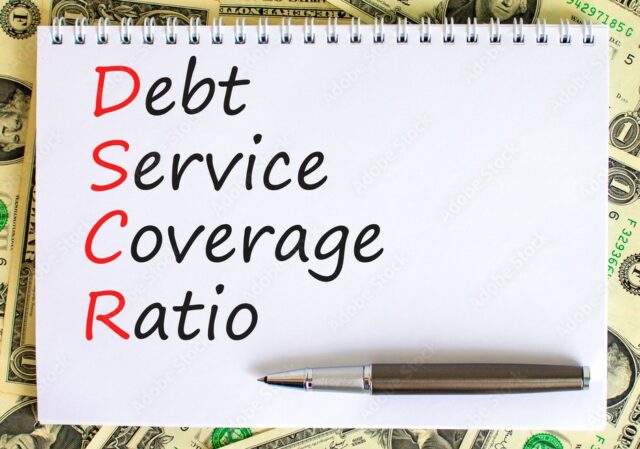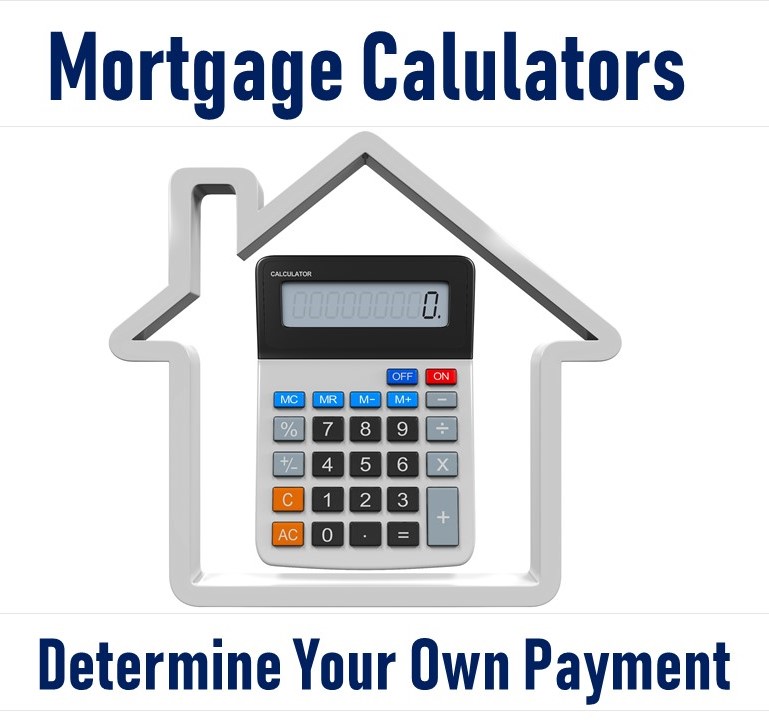DSCR loans are different, as the qualification and underwriting are primarily focused on the property instead of borrower. DSCR lenders will look at your credit score and make sure you have a few months of payments in the bank, but other than that, your property qualifies, not borrower! That means your income sources, whether you have a W-2 job, own a business, invest in real estate full time, or are retired or between jobs, does not matter! DSCR lenders strictly do not take income into account! These loans are consider “Non-Qualified Mortgages” verses a Fannie Mae or Freddie Mac loan are considered “Qualified Mortgages”.
What Determines My Rate and Terms?
So what does determine if you qualify and what rate you will pay? It primarily comes from three key factors:
- DSCR (Debt-Service-Coverage-Ratio)
- LTV (Loan-To-Value Ratio)
- FICO (Credit Score)
Debt Service Coverage Ratio (DSCR)
It’s no surprise that the DSCR metric is important for DSCR loans. The Debt Service Coverage Ratio measures the income from the property (rents) divided by the main expenses (principal and interest on your mortgage loan, plus property taxes, insurance, and any applicable HOA dues).
A DSCR of 1.00x means that income equals expenses, and the investor is breaking even. A DSCR above 1.00x means the investor is making money as they now have cash flow. For example, a DSCR of 1.25x would occur if the property earns $1,250 per month in rent and has $1,000 in PITIA (expense – principal + interest + taxes + insurance + association dues). A DSCR below 1.00x means that expenses exceed income, so the investor is losing money every month. the higher the DSCR. The better lending terms an investor will get because the lender can be more confident of getting paid back as the rent more than covers the debt payments each month!
Lower the LTV, the better the terms for the borrower, as it increases the “cushion” for the lender in the case of declining value and foreclosure.
FICO (Credit Score)
DSCR loans are primarily based on the property rather than the individual borrower, the lender is still looking at credit scores as part of the big picture of qualification. Typically, there are three credit scores for everyone, Equifax, Experian, and TransUnion, and the score used for qualifying for the loan will be the middle one. These scores are weighted a bit more heavily towards real estate credit, taking things like other mortgage debt more into account.
Purchase, Rate and Term Refinance or a Cash Out Loan
Typically, you will get better terms on an acquisition than a cash-out refinance, as the value utilized by the lender is more certain on a purchase, and there’s more guaranteed “skin in the game” for the borrower. As far as the loan size for residential properties (1 – 4 Units) they will usually have a loan limit. Most want to do a $100,000 loan or higher and most will put a prepayment Penalty on the loan. That will also get you a better rate.
Do I have to Close in a Special Entity?
Yes, LLCs can get a DSCR loan. LLCs are eligible for DSCR loans since they have the same status as an individual borrower when applying for a loan. The eligibility criteria and requirements may be slightly different than those of an individual borrower, but lenders will generally consider them in the same manner.
To qualify for a DSCR loan, LLCs must demonstrate that they can make their mortgage payments with rental income. As such, LLCs need to provide proof of rental income and expenses from their properties in order to qualify for a DSCR loan. Most DSCR lenders require the borrower(s) to fund the loan in some type of corporate structure. Some may not. Usually you will get a better rate if you fund in a entity.
Is My DSCR loan consider a “NON Recourse Loan”
Every single loan is either recourse or non-recourse. A recourse loan is what you probably think of as a home loans. A non-recourse loan is a loan where the borrower is not personally liable for repayment. This means that if the borrower defaults, the lender can only collect from the property itself, not from the borrower’s other assets. This offers a significant advantage to the borrower. Even if a lender forecloses on a property, it likely will not even impact the defaulting borrower’s credit score.Depending on the property type and the lender, most of the time on a residential property (1 – 4 Units) will be full recourse. Make sure you ask the lender.
Do DSCR lender Report to The Credit Bureau?
Most do not. Some do. Check with the lender to be sure. If they do not report the loan, this could cause you more time and paperwork when securing a new loan. Most Lenders want to see a 12 payment history on any more loan. Some don’t and only go with the credit. Always as you lender what you need to provide
If you need addition information or if you have any questions pertaining to investment property loans and would like to has a strategy call to discuss, please give me a call anytime at 855-326-6802 or schedule a call with a Loan Specialist.








Leave a Reply